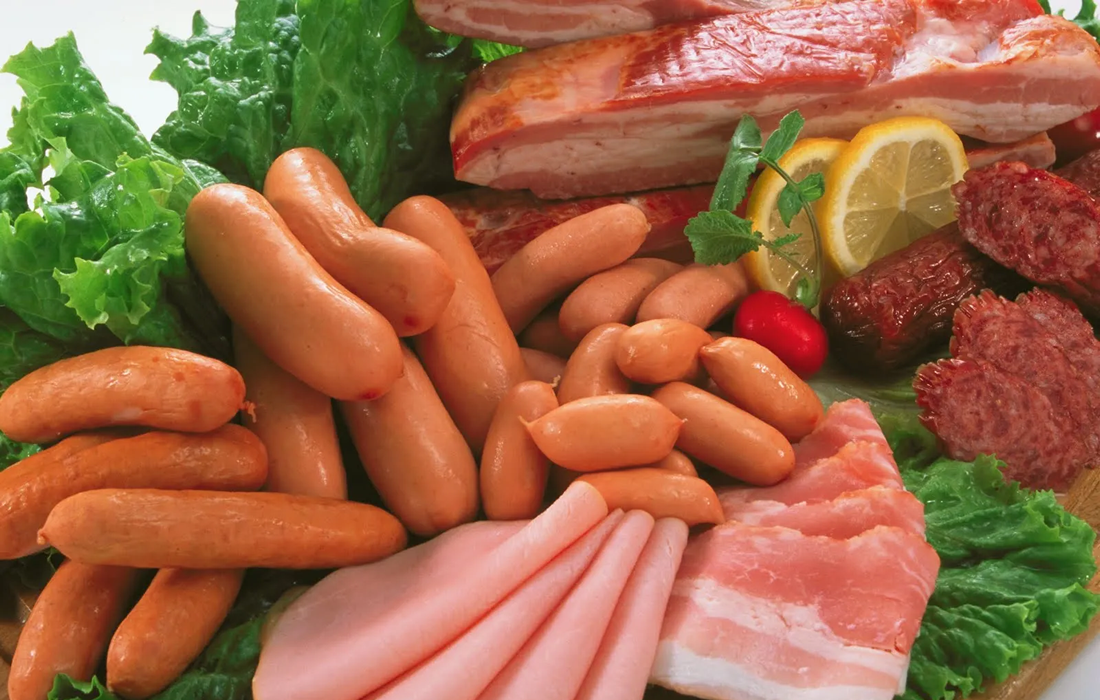Nutrition and Supplements
Processed Foods Increase Risk of Colorectal Cancer in Men
Colorectal cancer is the third most commonly diagnosed malignancy among both men and women in the United States and the second leading cause of death from cancer worldwide. Diet has been recognized as an important modifiable risk factor for colorectal cancer.
Meanwhile, ultra-processed foods (that is, industrial ready-to-eat or ready-to-heat formulations made of little or no whole foods) now contribute 57% of total daily calories consumed by American adults, which has been continuously increasing in the past two decades.These foods are usually high in added sugar, oils/fats, and refined starch, altering gut microbiota composition unfavorably and contributing to increased risk of weight gain and obesity, an established risk factor for colorectal cancer.
Diets high in ultra-processed foods are also usually low in nutrients and bioactive compounds that are beneficial for the prevention of colorectal cancer, such as fiber, calcium, and vitamin D. The lack of the last one has been linked with an increase of inflammation.
Beyond poor nutrition profiles, ultra-processed foods commonly contain food additives such as dietary emulsifiers and artificial sweeteners, some types of which have been suggested to increase the pro-inflammatory potential of the gut microbiome, promoting colon carcinogenesis.
New study links ultra-processed foods and colorectal cancer in men
Lu Wang, the study’s lead author and a postdoctoral fellow at the Friedman School of Nutrition Science and Policy at Tufts, and his team analyzed responses from over 200,000 participants, 159,907 women and 46,341 men, across three large prospective studies which assessed dietary intake and were conducted over more than 25 years. Each participant was provided with a food frequency questionnaire every four years and asked about the frequency of consumption of roughly 130 foods.
The analyses revealed differences in the ways that men and women consume ultra-processed foods and the prospective associated cancer risk. Out of the 206,000 participants followed for more than 25 years, the research team documented 1,294 cases of colorectal cancer among men, and 1,922 cases among women.
The team found the strongest association between colorectal cancer and ultra-processed foods among men came from the meat, poultry, or fish-based, ready-to-eat products. “These products include some processed meats like sausages, bacon, ham, and fish cakes.
The team also found higher consumption of sugar-sweetened beverages, like soda, fruit-based beverages, and sugary milk-based beverages, is associated with an increased risk of colorectal cancer in men.
However, not all ultra-processed foods are equally harmful with regard to colorectal cancer risk. They found an inverse association between ultra-processed dairy foods like yogurt and colorectal cancer risk among women. Overall, there was not a link between ultra-processed food consumption and colorectal cancer risk among women. It’s possible that the composition of the ultra-processed foods consumed by women could be different from the men.
It is impossible to change the diet in the population overnight, but with this information the physicians may communicate with their patients well and with recent data the latest news in medicine, to motivate them to improve their dietary habits.
SOURCE:
Lu Wang, Mengxi Du, Kai Wang, Neha Khandpur, Sinara Laurini Rossato, Jean-Philippe Drouin-Chartier, Euridice Martínez Steele, Edward Giovannucci, Mingyang Song, Fang Fang Zhang (August 31 2022). Association of ultra-processed food consumption with colorectal cancer risk among men and women: results from three prospective US cohort studies. BMJ. Retrieved from : https://www.bmj.com/content/378/bmj-2021-068921
IMAGE:
https://solorecetas.com/wp-content/uploads/2013/01/jamones.jpg

